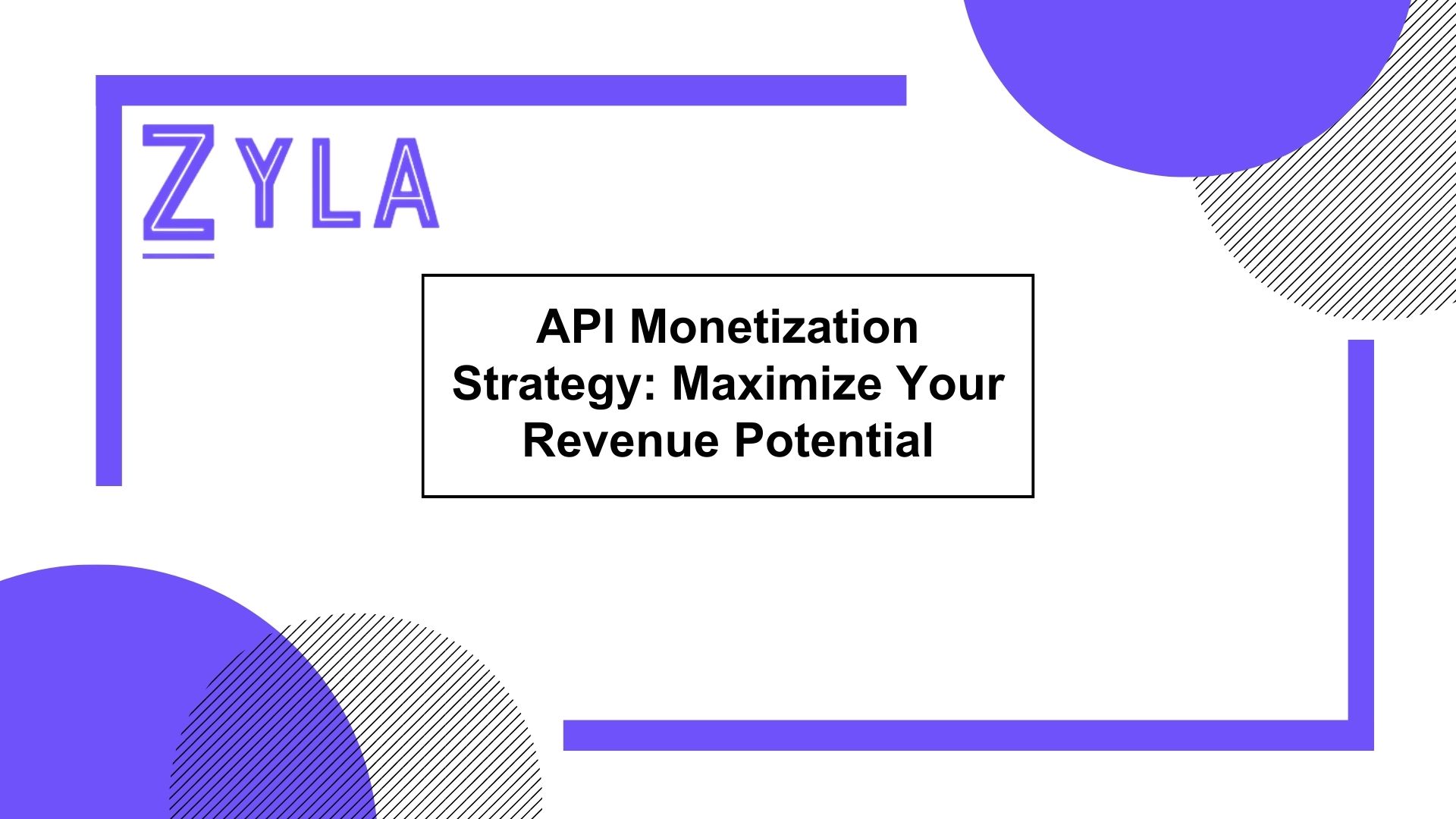API Monetization Strategy: Maximize Your Revenue Potential

When it comes to leveraging digital assets, API monetization is a critical tactic for companies in today's digital environment. APIs, or application programming interfaces, have become important assets that may be marketed to produce income in addition to being instruments for connectivity as technology advances. We'll discuss the value of having a solid API monetization strategy and look at a number of different tactics to optimize revenue potential in this article.
Fundamentally, API monetization is the act of using APIs to generate income, either by charging for access to the API or by monetizing the services and data that may be accessed through the API. With more companies moving toward providing APIs as a service, the idea of API monetization has become increasingly popular. In essence, APIs serve as bridges that let various software systems easily connect and communicate with one another. Businesses now have the chance to make money off of their APIs, turning them from being just useful tools for connecting to other networks into valuable assets in and of themselves.
Importance of a Strong API Monetization Strategy
A well-defined API Monetization strategy is crucial for businesses for several reasons. Firstly, it allows organizations to extract value from their digital assets, thereby maximizing revenue potential. Secondly, it fosters innovation by encouraging developers to create new applications and services that utilize the APIs. Moreover, a robust API Monetization strategy can enhance customer engagement and loyalty by providing access to premium features and services. Lastly, it can serve as a competitive differentiator in the market, allowing businesses to stand out from the crowd and attract new customers.
In essence, API Monetization involves finding ways to generate revenue from APIs. This can take various forms, including charging developers for access to the API, offering premium features or services through the API, or even monetizing the data and insights generated by the tool. API Monetization revolves around leveraging APIs as revenue-generating assets rather than just tools for connectivity.
Zyla API Hub
Go to https://zylalabs.com/registration to get started. Make sure all the information requested on the registration form is there. An email address and a verification link will be sent to you. You can access your account using this URL.
Choosing to "Register with Google" will expedite the sign-up procedure. To connect the Zyla API Hub to your Google account, simply follow these instructions. To merge your accounts, just input your current GitHub login information and choose "Register with GitHub".
Test Endpoint Button
1) Choose the API from your dashboard to test. Simply click on the name of the API to go to its own homepage. This page contains all of the API's documentation, endpoints, and usage manuals.
2) Ensure that you are subscribed to the chosen API before starting the testing process. Utilize every seven-day free trial that is offered. Please be advised that during the trial period, there will only be one hub API available. A test method is included in every hub API. The API page has a testing section. Here, choose "Test Endpoint" and adjust the parameters as necessary.
3) To see the test results, go to the website. By learning more, you can assess the API answer's usability and usefulness for your project. Keep in mind that every time you use an API call for testing, you are losing a portion of your subscription. Examine the usage data on the dashboard to learn more.
When the user interface of an API is intuitive, choosing the best one for your needs is easier. By using the same account, API key, and SDK for all of your API interactions, you may save time and effort. Eliminate the stress of needing to recall several login passwords or intricate setups. It improves the process' efficiency and usability.





